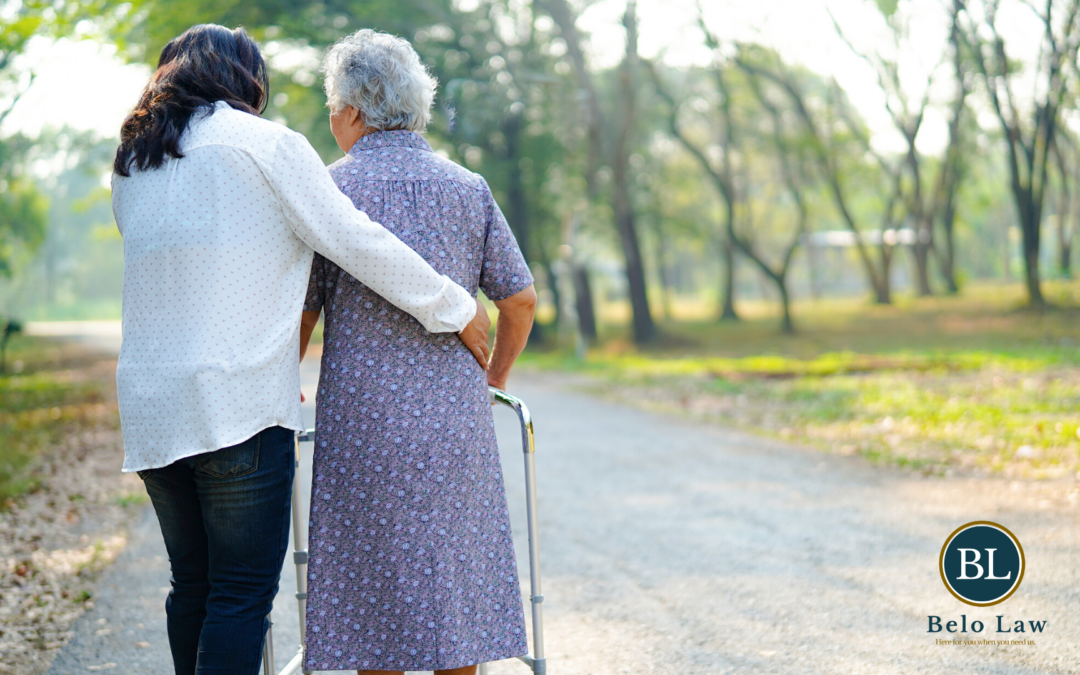
If you are currently caring for an aging, chronically ill or disabled relative, you may be officially classified as a family, or informal caregiver. While, at times, you may feel alone, you are not. In fact, as of 2015, there were more than 40 million unpaid caregivers of older adults in the United States. We know that right now, in light of what we face as a nation, you may feel especially isolated from the outside world and want to share some insight and resources with you on our blog.
Many people do not realize that many family caregivers also assist with skilled care. If you are responsible for administering skilled care, you also have plenty of company. A recent study found that half of all family caregivers carry out medical and nursing tasks for loved ones in need. This AARP study, Home Alone Revisited: Family Caregivers Providing Complex Care , found that:
- The vast majority of family caregivers carrying out medical and/or nursing tasks administer medication.
- Fifty percent of caregivers provide assistance with mobility devices, such as canes and walkers.
- Nearly 4 out of 10 caregivers say they perform wound care or care associated with ostomy sites.
- Nearly half of all caregivers prepare special diets.
- More than 1 in 3 caregivers use monitors or test kits to keep track of their loved one’s health.
The same study found that approximately half of caregivers who perform such tasks are concerned about doing something wrong. Further, this article shared that their anxiety tends to increase along with the complexity of these tasks.
The same study from the AARP study also assessed why family caregivers tackle these responsibilities. It determined that:
- Most of the family caregivers who perform these tasks feel there is no other option.
- Others expect family caregivers to provide skilled care.
- They are motivated by a desire to keep their loved one out of a nursing home.
Unfortunately, a relative lack of support is often cited as a chief concern for family caregivers providing skilled care. Specifically:
- Caregivers receive little formal training or instructions regarding medical/nursing tasks and managing the complexity of care.
- As of 2019, there was no viable way to accurately gauge either the complexity of the care administered by individual family caregivers, or how they are coping with these responsibilities.
- Relevant professionals remain largely unaware of the needs that family caregivers have for information and support, and of how to deliver it in meaningful ways.
We know the challenges you face because we work with many Florida seniors and their loved ones to help them navigate these challenges. Our goal is to not only provide the education that is needed but help each family find elder care solutions that can work for them. One of the resources we share is the Caregiver Advise, Record, Enable Act, or CARE Act, that, to date, has been enacted in more than 40 states. It mandates that hospitals:
- Document the family caregiver’s name in relevant medical records.
- Notify the family caregivers when their relative is to be discharged.
- Educate and instruct the family caregiver regarding the medical tasks he or she will carry out for the patient at home.
If you have questions about the CARE Act, or concerns about your role as a family caregiver providing complex care, we are here to help. It is up to you to take the first step. Contact our law firm to schedule an appointment, today, or at any point in the future.
